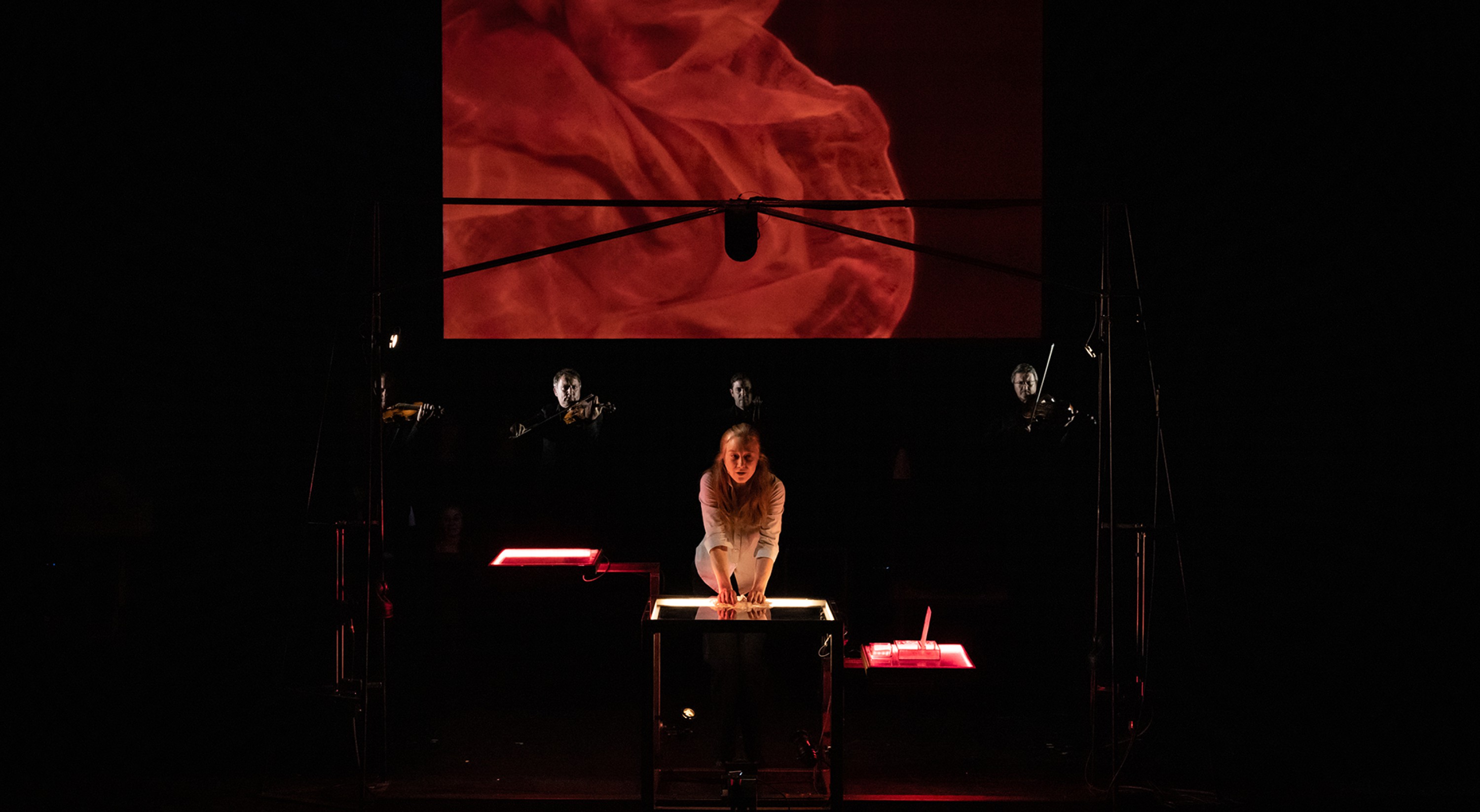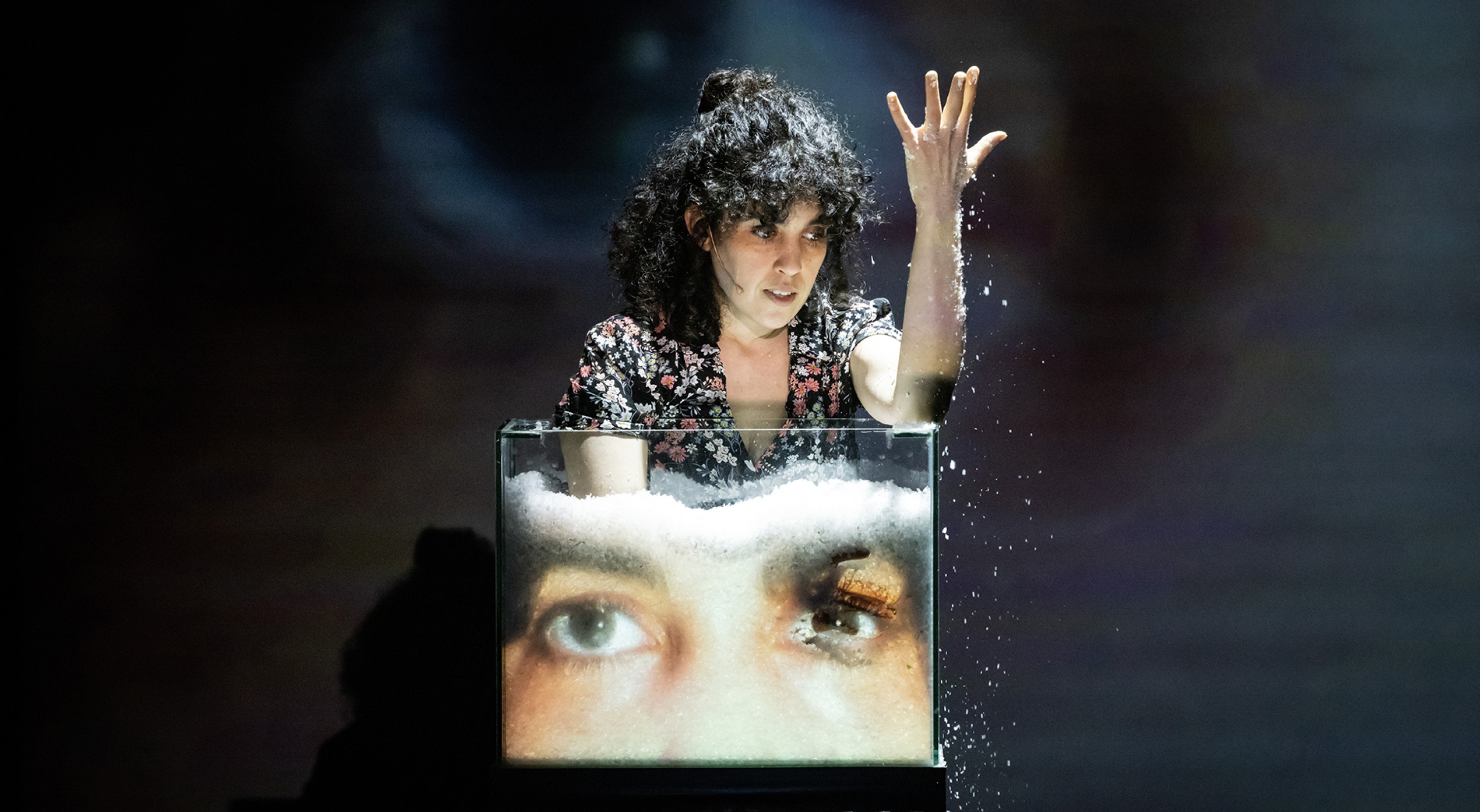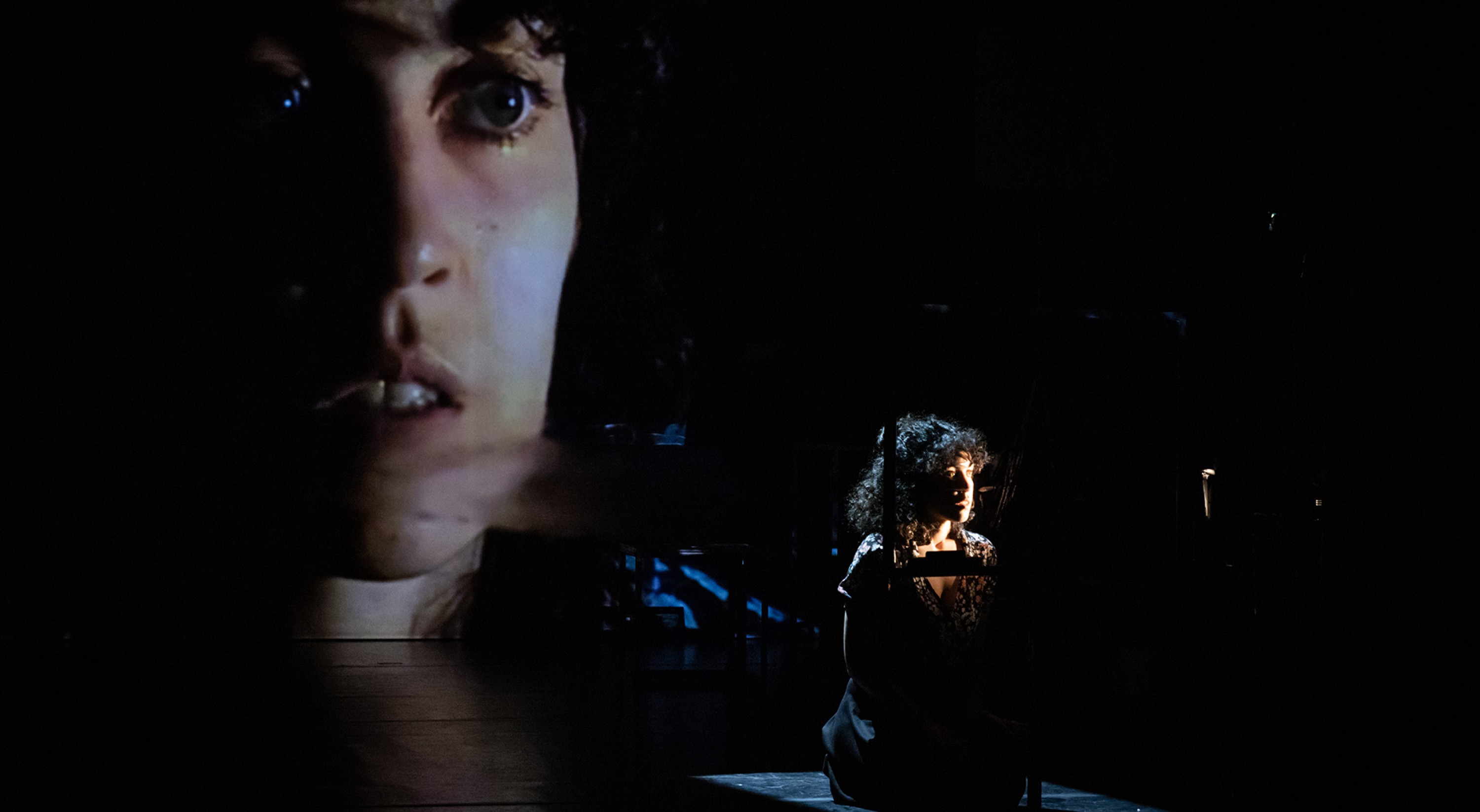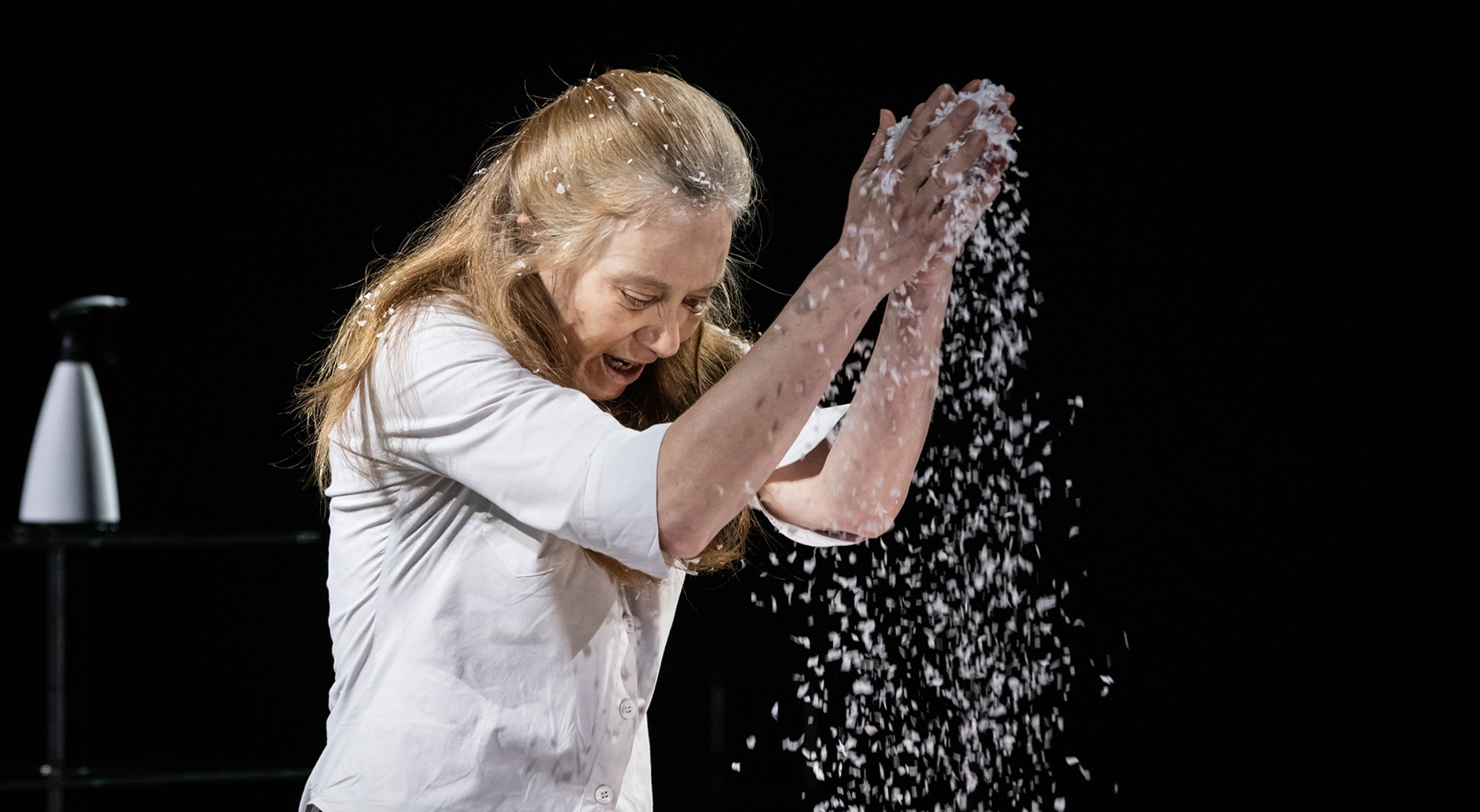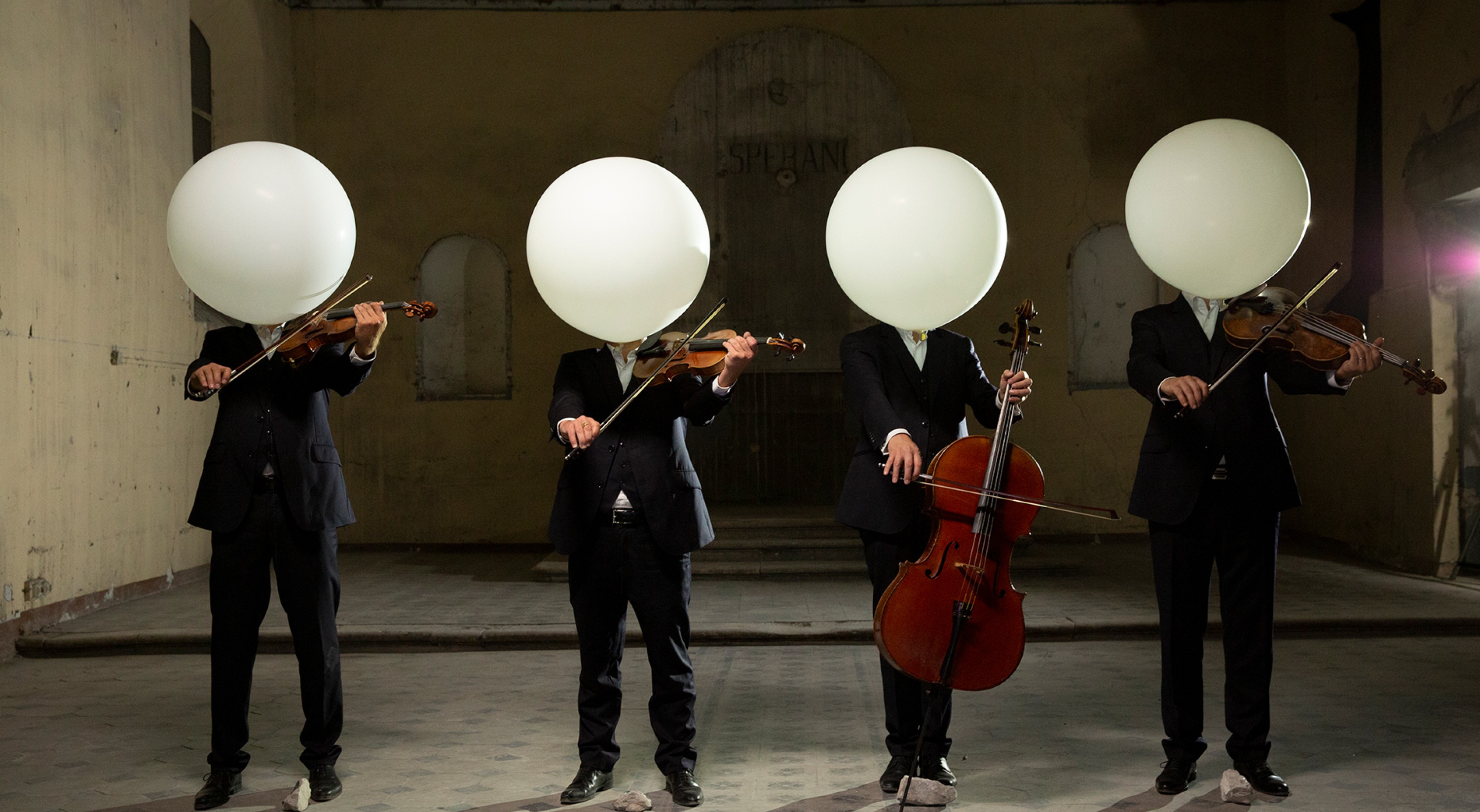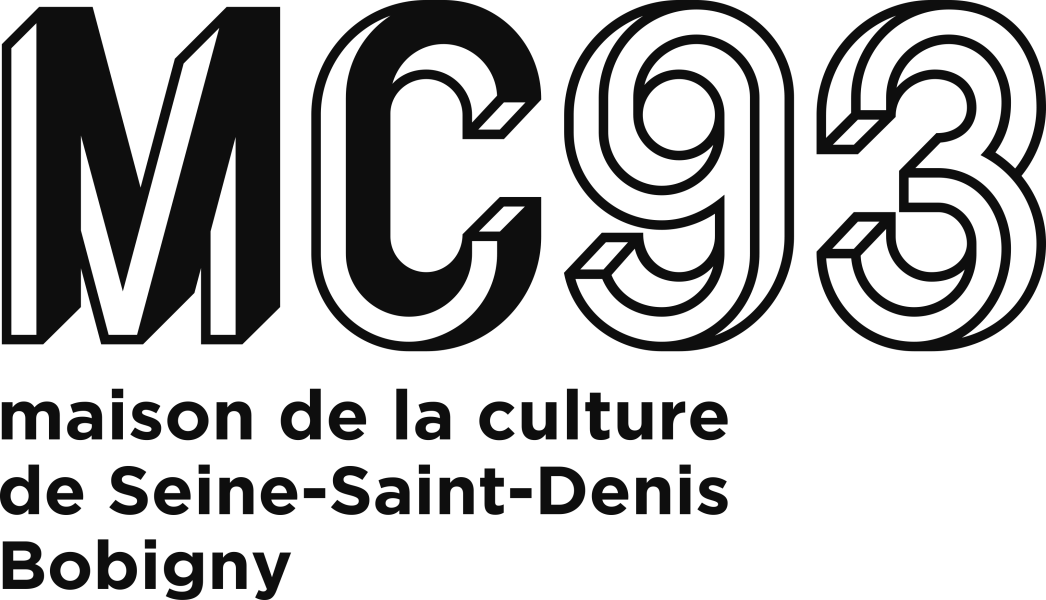Guy Cassiers
Antigone à Molenbeek Tirésias
novembernov 5 – 14
decemberdec 7 – 8
Direction, Guy Cassiers
Antigone à Molenbeek
Text, Stefan Hertmans
With Ghita Serraj
Tirésias
Text, Kate Tempest, selected poems from the Hold your own collection
Translation by D’ de Kabal and Louise Bartlett
With Valérie Dréville
Stage design and video, Charlotte Bouckaert
Lighting, Fabiana Piccioli
Music, Dmitri Shostakovich, performed live by Quatuor Debussy
A production by MC93 – Maison de la Culture de Seine-Saint-Denis.
A coproduction by the Festival d’Automne à Paris.
This show is presented in association with Maison de la Culture de Seine-Saint-Denis and Festival d’Automne à Paris.
A production by MC93 – Maison de la Culture de Seine-Saint-Denis (Bobigny) for the French version
A coproduction by Les Nuits de Fourvière (Lyon) ; Toneelhuis (Anvers) ; Maison de la Culture d’Amiens – pôle européen de création et de production ; La Comédie de Valence, centre dramatique national Drôme-Ardèche ; Le phénix, scène nationale de Valenciennes – pôle européen de création (in progress) ; and Festival d’Automne à Paris
In association with MC93 – Maison de la Culture de Seine-Saint-Denis (Bobigny) ; and Festival d’Automne à Paris
Two solitary voices ring out in an effort to make themselves heard. Two poems for two characters, Antigone and Tiresias. Their names take us back to Ancient Greece and its myths that prompted man to ask questions about himself. But they also speak to us of our own troubled world, in which uncertainty regarding our future breeds fear. These combative voices resound in a forceful way, placing the hidden prejudices of society centre-stage once again.
Guy Cassiers has turned his theatre, the Toneelhuis, in Anvers, into a place in which agora, discussion and exchange find their place. In this diptych that brings together two contemporary authors with very different styles, he continues this dialogue centred upon the multiple crises that the Western world is going through. These two texts summon up two mythical characters from the past, the story of whom has been written over and over again because they continue to be our chosen counterparts at a time when societal choices are fraught with difficulty and in which the temptation to close ourselves off from the outside world dominates. Nouria, the new Antigone by Stefan Hertmans, wants to bury her terrorist brother. Over the course of this epic poem, Ghita Serraj questions, insists, and reiterates her desire, and faced with the unwavering rigidity of her counterparts, she herself finds herself caught up in the tragedy. Kae Tempest’s Tiresias, given flesh and blood by Valérie Dréville, has multiple identities – young man, woman who turns back into a man, and soothsayer that nobody listens to despite his clear-sighted concerns over an urban world in decay. In permanent dialogue with the Quatuor Debussy, performing live onstage extracts from three string quartets by Shostakovich (8,11 and 15), the two actresses journey through a visual universe of which only Guy Cassiers, the past master of theatrical imagery, holds the secret.
In the same place
